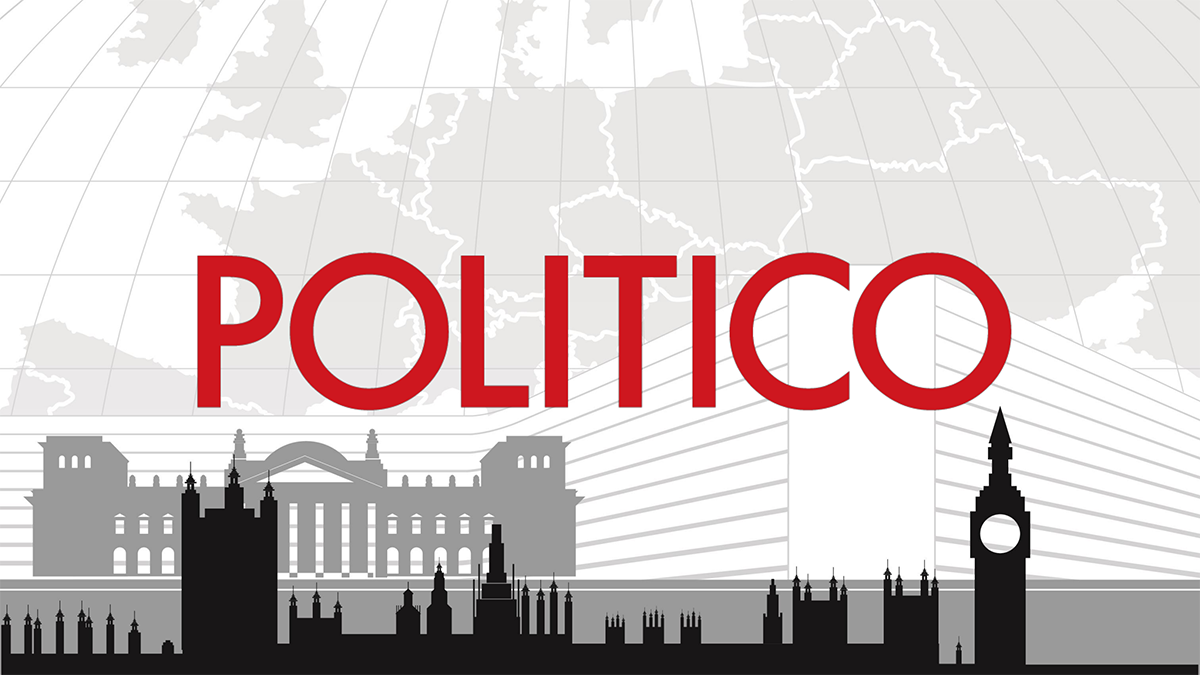

In a recent moment of unity and hope within the Catholic community, the Vatican has opened its doors to host an unprecedented pilgrimage for LGBT individuals and their allies, marking a significant chapter in the Vatican’s evolving approach towards inclusivity. This gathering, part of the Jubilee Holy Year celebrations, is being hailed as a gesture of acceptance and dialogue, encouraging positive interactions between diverse groups within the Church.
The initiative comes at a time when many had expressed hopes that the spirit of inclusiveness championed by Pope Francis would continue to flourish under the leadership of newly appointed ecclesiastical figures like Cardinal Leo, who many participants feel may continue this legacy of openness and dialogue. The pilgrimage aims to bridge divisions and foster understanding, inviting LGBT Catholics and others to reflect on their faith and their place within the Church in an atmosphere of respect and acceptance.
Participants see this momentous event as not only a step towards greater acceptance but also a symbol of the Church’s willingness to engage with communities that have sometimes felt marginalized in the past. By hosting this pilgrimage, the Vatican offers a safe space for reflection and connection, celebrating the rich tapestry of human diversity while holding fast to the values of compassion and love central to Catholic teaching.
The significance of this pilgrimage extends beyond its immediate participants, resonating with Catholics around the world who yearn for a more inclusive Church, one that embraces all of its members, regardless of sexual orientation or gender identity. For many, this event is a manifestation of the Church’s potential to evolve and respond to the needs of its diverse congregation, embodying Pope Francis’s pastoral focus on mercy, reconciliation, and inclusiveness.
As part of the Jubilee celebrations, the pilgrimage also underscores the Vatican’s commitment to the principles of forgiveness and renewal. This symbolic journey not only encourages spiritual reflection but also invites participants to engage in meaningful dialogue, promoting mutual understanding among Catholics of differing perspectives. In forging these connections, the pilgrimage represents a fertile ground for growth and healing within the Church, paving the way for future initiatives that further the cause of inclusivity.
Overall, the LGBT pilgrimage to the Vatican signals an encouraging potential for change within the Church, suggesting a future where openness and acceptance become hallmarks of the Catholic faith. By fostering an environment of dialogue and mutual respect, the Church is taking deliberate steps towards embracing diversity and affirming the dignity of every individual. As such gatherings continue to unfold, there is hope among many Catholics that these efforts will lead to deeper understanding and unity within the global Church community.
Source: {link}
